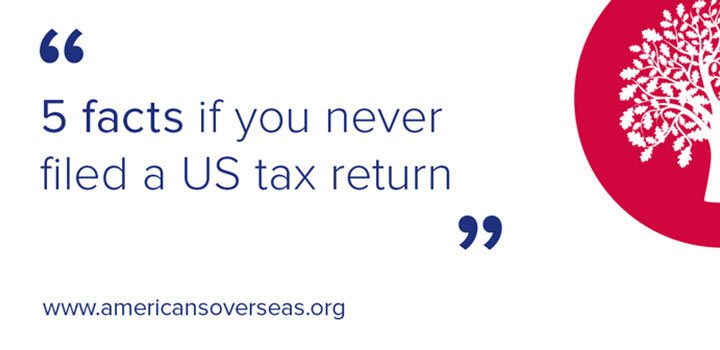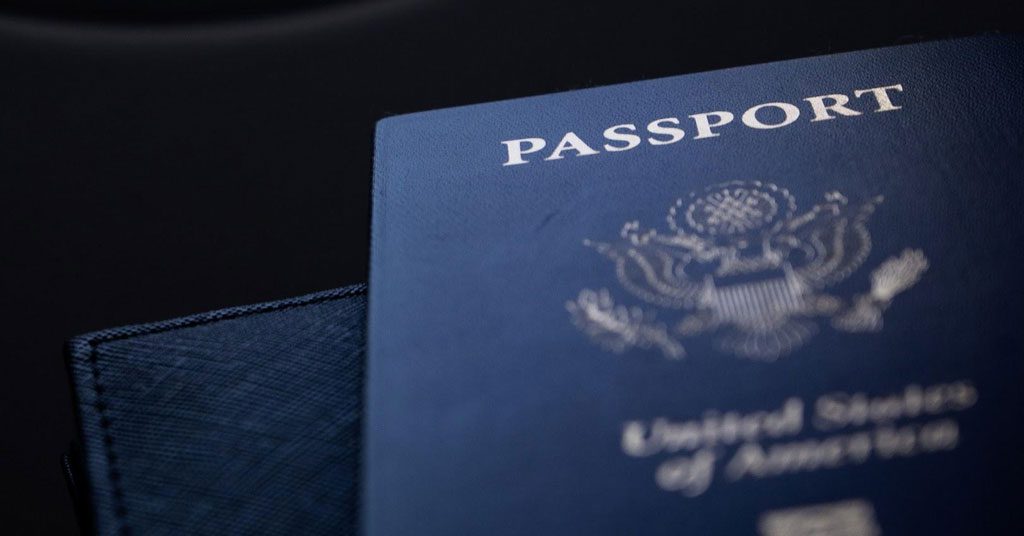
European Commission was aware of fundamental rights issues of FATCA

FATCA on the PETI Commission (EU) agenda: The European Commission was aware of the fundamental rights issues of FATCA.
On November 10 there was a hearing on US FATCA legislation in the PETI Committee of the European Parliament.
You can view the recordings (as from minute 17:45), below a short report.
European Commission has been in contact with Washington about FATCA
Mr. Jude Ryan and his lawyer Noseda will speak about new facts on November 10.
Legal investigation would show that the European Commission was aware of FATCA before these bilateral treaties with the EU Member States came into effect. A statement that was denied in an earlier EU session. The EU Parliament has indicated several times that the problems surrounding FATCA are problems of the Member States themselves, as these are bilateral treaties, and that the EU cannot do anything about this.
Noseda provided evidence on November 10 that there have been several agreements on FATCA between the European Parliament and Washington. Noseda thus states that the European Commission lied to the European Parliament.
Privacy standards do not meet European standard
Noseda also proved in the session that it was clearly stated in a memo to the European Parliament that the US privacy standard with which the reports are sent to the IRS does not comply with the European standard. This would make FATCA contrary to EU law.
Closing accounts does not go against European law on a bank account.
Americans in Europe are experiencing serious problems with European banks. The refusal of a bank account or the blocking/freezing of existing bank accounts is unfortunately increasingly common. Especially if one cannot provide a TIN / SSN or a CLN. The bank’s failure to report the requested data to the IRS leads to a fine for the bank, according to the banks.
To counter this, European banks are currently banning customers with American nationality, even if they have lived in Europe for a long time and are EU citizens.
It is time for the European Union to stand up for its citizens!
“Our system values economic interests more than the rights of European residents,” said MEP Alex Agius Saliba. MEP Sophie in ‘t Veld and other colleagues also speak out very clearly.
They call for action from the European Union and its Member States. About 500,000 bank accounts will soon be closed and that is unacceptable, argues ‘t Veld in the hearing.
The commission is not turning its back on the problem
Several employees of the European Commission have their say and say that they should not underestimate the problem. However, not much has changed compared to last year, says Pierre Seailles of the European Commission.
The US tax authorities and IRS have done everything to make the information clear by sharing information on various open websites for banks and individuals.
Enabling renunciation of citizenship through a new procedure and clarifying the procedure for applying for a TIN / SSN.
Finished with: “The dog ate my homework”
Petitioner Jude Ryan is done with the apologies made by MEPs. If the Commission is not doing its job, he wants to ask his fellow fighters in the European Parliament to remind the Commission of the Principle of the Separation of Powers.
If the Commission does not function properly then this is punishable. It would be a radical but also the only next step, according to Ryan.
Madam Chairman concluded by proposing to keep the Petition open, to see if the new government of America to be formed makes changes to FATCA legislation and to send a letter to the German Chairman to request an update.
Read our previous coverage of FATCA and the EU:
- American answer to tax problems US persons in Europe
- FATCA EU hearing: European citizens have a long way to go
- EU debates Accidental Americans, so close yet so far
Americans Overseas helps US persons in Europe
Americans Overseas informs local and European parliaments about the effects and problems European citizens have with these (recently) enforced laws.
We started this initiative to help people from all over the world by providing proper information to avoid unnecessary panic and offering help free of obligation and free of charge. If needed, we have a network of affordable professionals (accountants) who can help you with your tax obligations.
If you have more questions about the consequences of FATCA and CBT on European-American citizens you can contact us at Americans Overseas.
Frequently asked questions
Understanding the US tax system, the obligations, and all the additional terms can be difficult. Especially if one lives outside of America. Is your question not answered? Contact us.
-
Who is required to file taxes in the US?
U.S. citizens and resident aliens who live abroad are generally required to file a federal income tax return and pay taxes on their worldwide income.
Read more... about Who is required to file taxes in the US? -
Do US citizens living abroad still have to file taxes in the US?
Yes, US citizens are required to file taxes on their worldwide income, regardless of where they are living.
Read more... about Do US citizens living abroad still have to file taxes in the US? -
How can I cash my US check?
Received an American check? You can cash your check in the following ways: cash the check at your own bank, transfer to another person (endorsement), cash checks using an online service or cash the check by another bank.
Read more... about How can I cash my US check? -
Are there any special tax forms required for US citizens living abroad?
US citizens living abroad may be required to file Form 2555 and/or Form 1116 to claim the foreign-earned income exclusion.
Read more... about Are there any special tax forms required for US citizens living abroad? -
What is FBAR filing?
FBAR (Foreign Bank Account Report) filing is the requirement for certain U.S. individuals and entities to report their foreign financial accounts to the Financial Crimes Enforcement Network (FinCEN) of the U.S. Department of Treasury. The FBAR filing requirement applies to U.S. persons who have a financial interest in, or signature authority over, one or more foreign financial accounts if the aggregate value of those accounts exceeds $10,000 at any time during the calendar year.
Read more... about What is FBAR filing?





